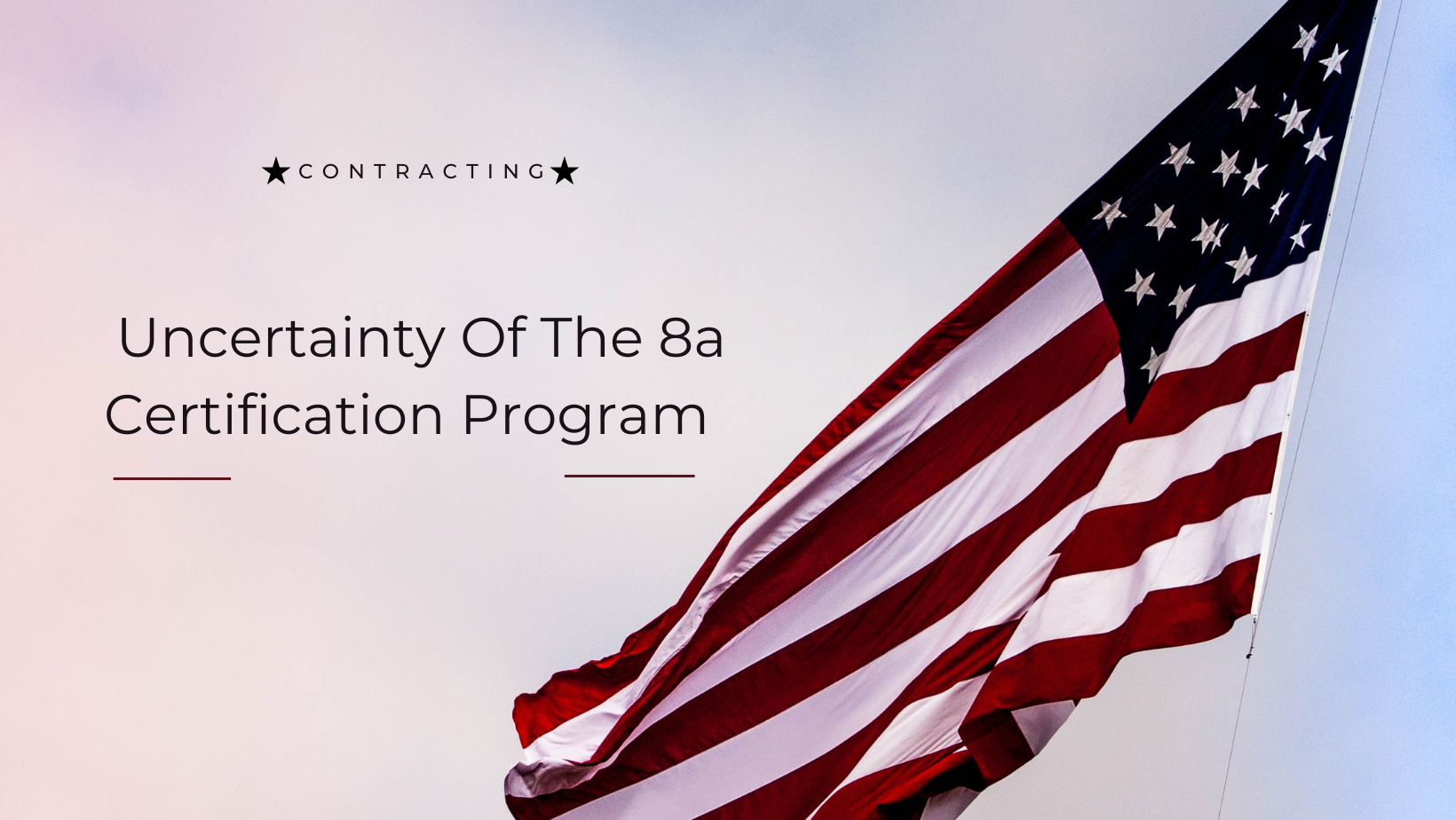The SBA 8a program, designed to support small businesses owned by racial or ethnic minorities, has faced criticism from a federal court. The 8(a) program is aimed at helping small businesses that are at least 51% owned and operated by a U.S. citizen who is socially and economically disadvantaged.
In a significant development, a federal judge in Tennessee has recently taken a stance against the Small Business Administration‘s approach to the “8(a)” business development program. This program was designed to foster diversity in government contracting by assisting small businesses owned by racial and ethnic minorities. However, Judge Clifton L. Corker from the U.S. District Court for the Eastern District of Tennessee struck down the SBA’s use of a “rebuttable presumption of social disadvantage” in the program.

No utilization of presumed racial and ethnic disadvantage
The court’s ruling has introduced uncertainty into the future of the 8(a) program. Because of the decision, the SBA and the Department of Agriculture, both defendants in the case, are prohibited from utilizing presumed racial and ethnic disadvantage as a qualification for the program.
The program uses the term “socially disadvantaged” as a qualification, and there is a “rebuttable presumption” that certain racial or ethnic groups fall under this category. Essentially, individuals belonging to these specific groups are automatically considered socially disadvantaged without needing to prove it.
Who qualifies for the 8a program?
Quoted directly from the regulations, SBA assumes the company qualify for the 8a program: “There is a rebuttable presumption that the following individuals are socially disadvantaged: Black Americans; Hispanic Americans; Native Americans (Alaska Natives, Native Hawaiians, or enrolled members of a Federally or State recognized Indian Tribe); Asian Pacific Americans (persons with origins from Burma, Thailand, Malaysia, Indonesia, Singapore, Brunei, Japan, China (including Hong Kong), Taiwan, Laos, Cambodia (Kampuchea), Vietnam, Korea, The Philippines, U.S. Trust Territory of the Pacific Islands (Republic of Palau), Republic of the Marshall Islands, Federated States of Micronesia, the Commonwealth of the Northern Mariana Islands, Guam, Samoa, Macao, Fiji, Tonga, Kiribati, Tuvalu, or Nauru); Subcontinent Asian Americans (persons with origins from India, Pakistan, Bangladesh, Sri Lanka, Bhutan, the Maldives Islands or Nepal); and members of other groups designated from time to time by SBA according to procedures set forth at paragraph (d) of this section. Being born in a country does not, by itself, suffice to make the birth country an individual’s country of origin for purposes of being included within a designated group.”
Conclusion and further reading
This decision raises questions about the potential implications for the 8(a) program and may have broader ramifications on government contracting practices. As the situation unfolds, it is important to closely monitor how this ruling may impact the program’s operation and whether further legal challenges will arise.
- A very good explanation was published also in the blog of the Government Contractors Association.
- More about what this could mean here: https://fedscoop.com/judge-enjoins-presumed-racial-disadvantage-sba-program/
- Interested in getting GSA contract award?
